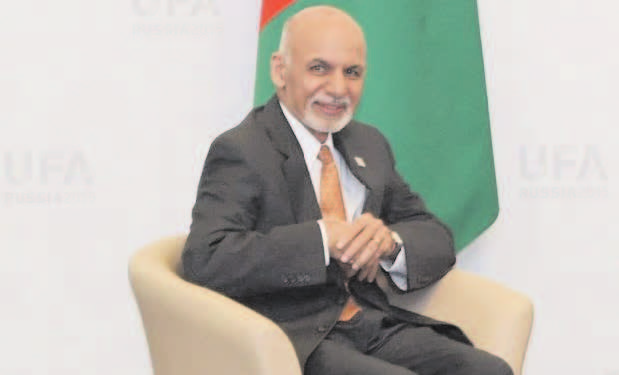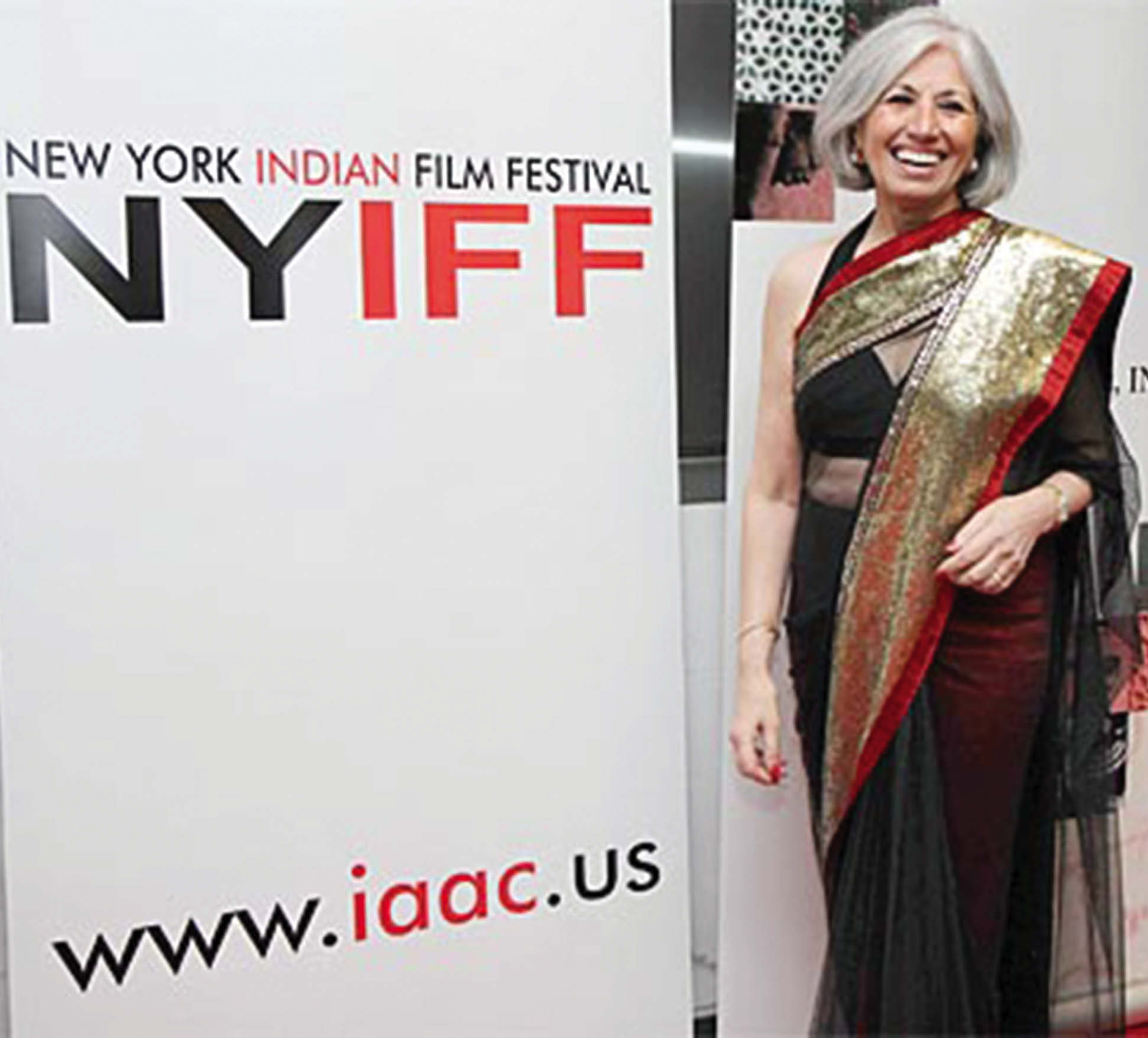
The recent revelation of the death of the charismatic Taliban leader Mullah Mohammed Omar in circumstances that are unclear and seem shadowy, and the apparent disunity reported in the Taliban leadership following his removal from the scene, should ordinarily have served as an opening for India in the AfPak region.
But questions are legitimate if since 2001, when the Taliban were driven from power in Afghanistan thanks to decisive US intervention and went to shelter in Pakistan, this country has taken steps to convert the enormous goodwill for it across Afghanistan into leverage and influence to stabilize its influence, and deepen its presence in that country on terms that may help it achieve its strategic aims in Central Asia.
Time may have come for a thoroughgoing re-appraisal of our part and place in the Afghan theatre. In assistance terms, India is heavily engaged with Afghanistan and its people for the past decade and a half. It also has a border with Afghanistan through Pakistan-occupied Kashmir. A heavily Pakistan-influenced government in Kabul, through the aegis of an extremist faction or any other, will cause long-term damage to Indian interests in High Asia. India, therefore, cannot just walk away.
In Kabul last May, days after President Ashraf Ghani’s government signed an intelligence cooperation agreement with Pakistan’s Inter-Services Intelligence (ISI), a group of eminent Afghans asked this writer, in the course of a question-answer session that followed a talk, how India might react to this development, and what its future policy trajectory toward Afghanistan might be.
Pakistan has not exactly been popular in Afghanistan, and save the erstwhile Taliban regime no Afghan government since the mid-70s has given Islamabad an inch. But the page is evidently turning, whether President Ghani’s moves are merely tactical or strategic, focused on the short term or the long term. The question from the audience was, thus, valid. Indeed, the Afghans themselves seemed to have been taken aback by President Ghani’s move. In time-honored Indian fashion, the present writer’s instinctive response was a fudge, leading an Afghan notable to remark privately afterward, “You might have been more forthright being a journalist, but you spoke diplomatically.”
There were two reasons for this. The tone had to be measured before Afghan listeners in their capital, especially when times were in flux, if for no other reason than that the Afghans are a very courteous people. But more importantly, India seemed to be singularly lacking in a cogent, coherent policy. There simply seemed no thinking in place, no lever to activate, for the post-US situation. In essence, the thinking in New Delhi seemed to be one of a superior neutrality – let the new Afghan government of President Ghani get its fill of Pakistan and see how far this would take Kabul in its search for peace by appeasing the Pakistan military and the ISI, which has all but kept the top Taliban leaders, including the late Mullah Omar, captive all these years, giving them no freedom of action, even in talking to their own brethren, the Afghans in Kabul.(Any talk with the Afghans had to be under Pakistani tutelage. Islamabad began to see itself as the de facto power in Kabul in the wake of the Western withdrawal.)
The practical aspects of the US leaving the Afghan battlefield – including what to do about the Taliban – has simply not been factored into the Indian calculus, although India has been served by diplomatists of a high order in Kabul.
From the first National Democratic Alliance government of Atal Behari Vajpayee through the United Progressive Alliance years under Manmohan Singh, and now under the second NDA regime of Narendra Modi, India seemed to have drawn a line for itself – that it would not seek to cross the bounds of developmental assistance (no doubt truly valued by the Afghan people), and labored under this sub-optimal principle even when President Hamid Karzai pleaded for suitable defense assistance and signed a strategic partnership agreement in 2011, Kabul’s first with any country.
In Indian thinking, husbanded through different regimes, the US could not be displeased through any ambitious political maneuvers in Afghanistan. The Americans would be averse because their principal client in the region, the Pakistan military, did not desire that India should gain a foothold in Kabul.
In terms of comprehensive national power, the Pakistani state is of little consequence. But in recent years it has been in a position to exert inordinate pressure on Washington because American military supplies to Afghanistan passed through Pakistan, which is also its exit route. For this very reason, of late, America has willy-nilly become an indirect buddy of the Taliban, seeking to please it at every bend in the road. It is, after all, not keen that Taliban detachments – with not-so-secret Pakistani assistance – should be harassing its tail as it departs Afghanistan.
With the US combat mission in Afghanistan ending, China is letting Pakistan draw it into the Afghan tango, and Beijing is a willing bride, making its entry with mincing steps – in the guise of being a do-gooder observer alongside the US at the so-called peace negotiations between the Ashraf Ghani government and the ISI’s chosen Taliban leaders, set up by Islamabad.
Pakistan, and the leaders of the Taliban factions it has nurtured precisely for this day, have gathered two very powerful allies – the US as well as China. America had already outsourced the Afghanistan solution to Pakistan and has now acquiesced in China partnering Pakistan with both money and muscle. In circumstances such as these, India risks playing dumb charade if it puts all its money on the regional solution of the kind being talked about even a year ago in the aftermath of the proposed US pullout. For New Delhi, there is considerable re-arranging of the regional table to do if it is serious about a future role in Afghanistan.
Since about 2001, when the Taliban were ousted from Kabul, there appeared a deep anxiety in India not to falter in courting Washington in season and out of season in order to bury for good the “estranged democracies” syndrome. This has cost us in Afghanistan. Turning our backs on the foreign policy formats of the first four decades was not a precondition of friendship imposed by Washington, but that is how New Delhi interpreted it. The Taliban are splintering by all accounts, but we have not pre-positioned ourselves to gain from the situation, thanks to the deference in which we held Washington even as it was genuflecting before Islamabad.





Be the first to comment